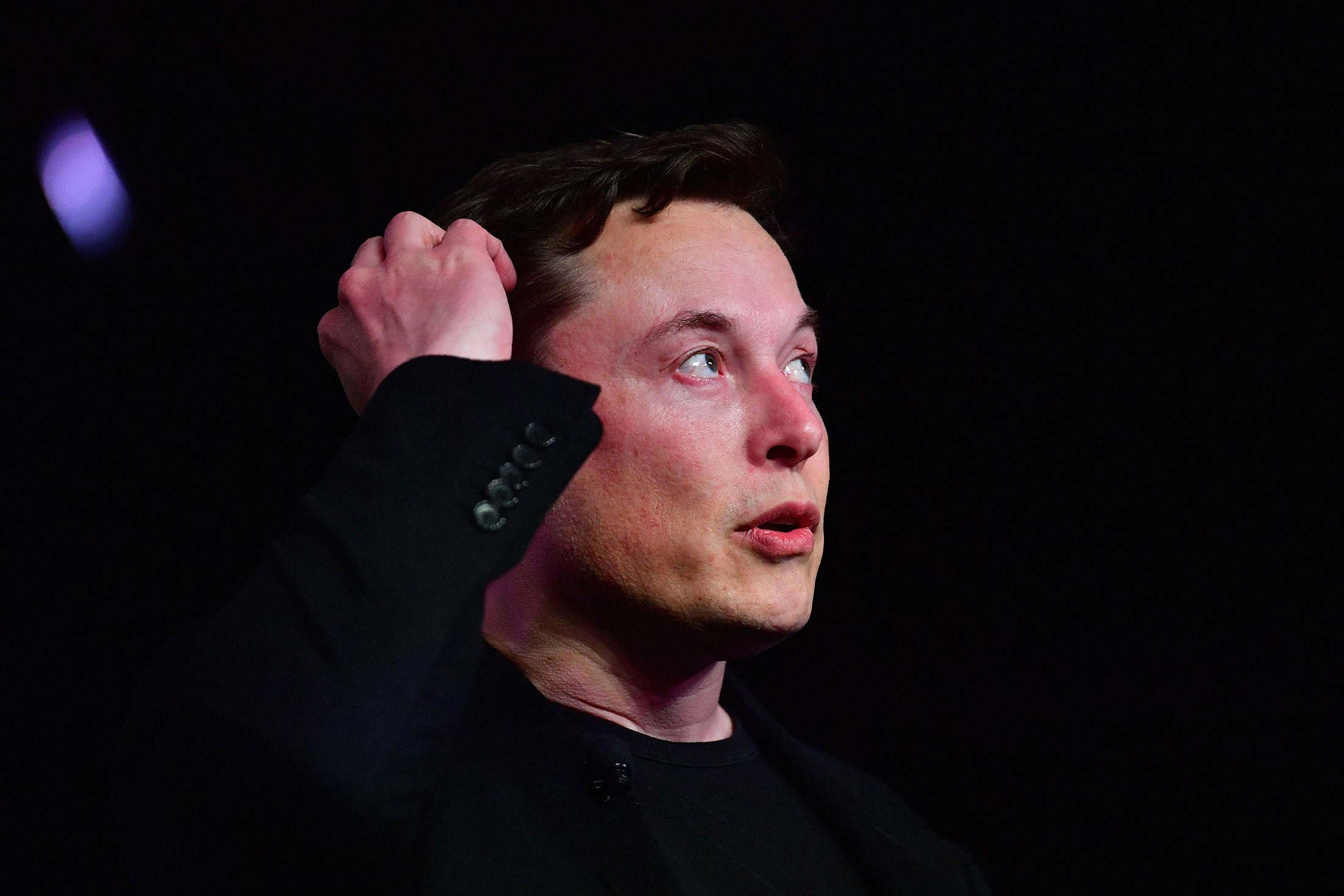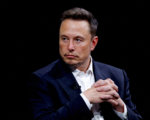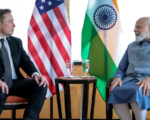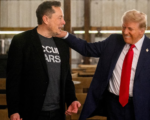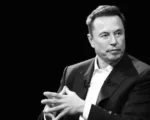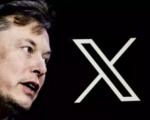As President-elect Donald Trump readies for a return to the White House, speculation mounts about possible changes to the Federal Reserve’s role and independence. Elon Musk, a prominent Trump supporter, recently backed a call by Republican Senator Mike Lee to abolish the Fed. Lee argued that the Federal Reserve deviates from the Constitution’s original intent, advocating instead for executive control over monetary policy.
Though Trump has yet to make a definitive stance on dissolving the Fed, he has campaigned for revising the institution’s policies, particularly aiming to lower interest rates. On the campaign trail, Trump proposed that Fed officials consult with him on interest rates—a shift that could potentially undermine the Fed’s long-standing independence, which allows it to make decisions focused on long-term economic stability rather than political demands. Trump has previously criticized Fed Chair Jerome Powell, whom he blamed for maintaining high rates during his first term.
The notion of eliminating the Federal Reserve isn’t new. Republican legislators like Senator Lee and Representative Thomas Massie introduced bills this year aimed at dismantling the Fed and transferring its duties to the Treasury Department. However, Congress has historically guaranteed the Fed’s ability to operate as an independent body, empowered to make policy decisions without political interference, a standard reinforced by recent Supreme Court decisions on similar independent agencies. Under the Federal Reserve Act, the Fed Chair can only be removed for “cause,” a legal standard meant to protect against arbitrary dismissal.
Trump’s upcoming term may be the first true test of this independence. Republicans currently control the Senate, and Trump’s influence on the Supreme Court—having appointed three of the six conservative justices—could lend credibility to any attempt to challenge the Fed’s autonomy. However, the high court has recently upheld the independence of other regulatory agencies, suggesting it may resist radical changes to the Federal Reserve.


